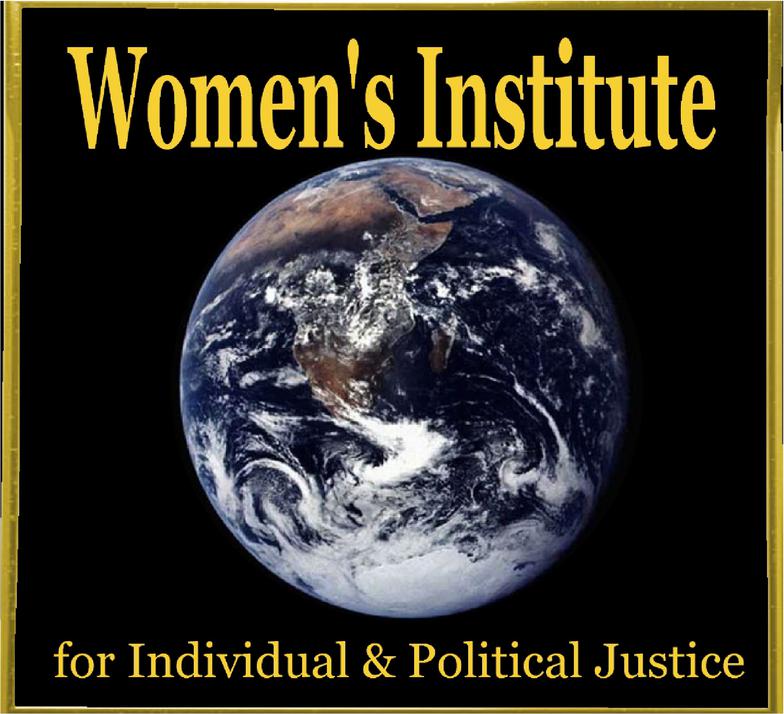Women's Institute for Individual and Political Justice
The Commons
A Commons is a shared resource. You will hear the phrase, “The tragedy of the commons,” meaning, “an economic theory of a situation within a shared-resource system where individual users acting independently and rationally according to their own self-interest behave contrary to the common good of all users by depleting that resource.”
Could anyone more succinctly define what has happened to the hard earned wealth of Americans today? Of course, the corporations had to spend some of their questionable earnings to buy the legislators who made this policy instead of outright thievery.
If there is a law it is not a free market.
Some commons, like the cited pasture, can be protected by noting overuse and calling a meeting of the those who benefit from the Commons. In these instances there generally are unwritten rules to which participants are expected to adhere. This is the strength of community. Those who participate are perfectly willing to point out a tresspass on trust when it takes place. This is as it should be. In advance other participants have generally been discussing the matter and comparing notes, weighing the facts. When concensus is reached the transgressor faces those against whom he has transgressed and judgement is agreed on.
For a Commons approach to work there must be a community of equals. Corporations, a legal fiction, can never be people or participants in any Commons because when the transgressor is a corporation, remote and unavailable to those being harmed, the model for community, based on human relationships and equality of power, cannot work.
This question is important for one overwhelming reasons. All of us live in a Commons we call Earth.
The Earth's air, water, and lands all connect in a systemic, integrated whole which includes all life. When poisons are injected into the water table it impacts everything it touches, including us.
Petroleum, in terms of its real cost, is the worst investment humanity has ever made.
